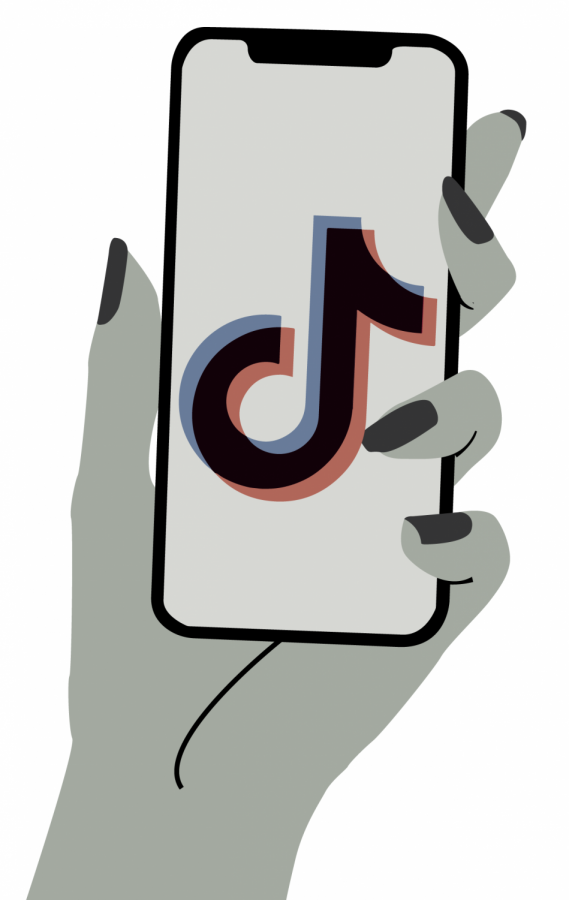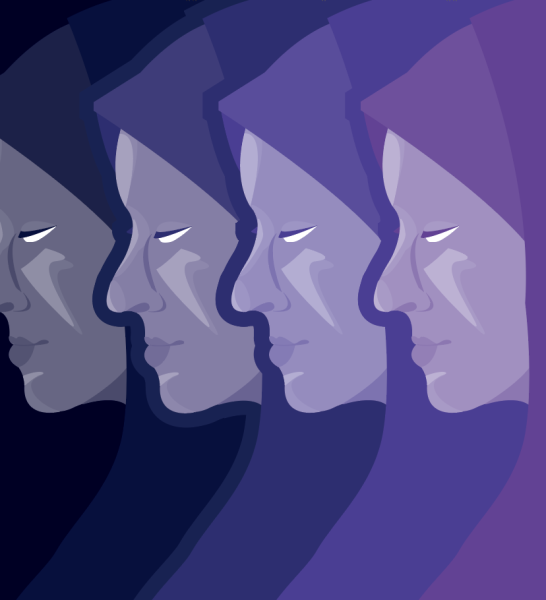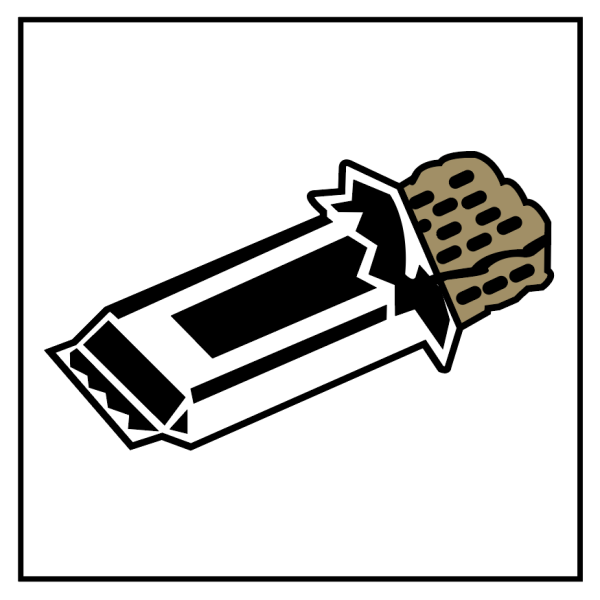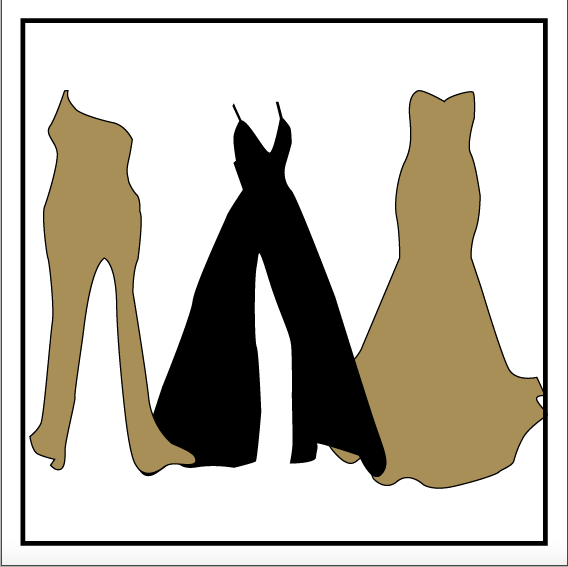TikTok Toxicity
Videos, comments on social media app glamorize abusive behavior
Like most teens in America, I was scrolling through my TikTok For You page and enjoying some comedic content when an odd video popped up.
It featured a teenage boy, his face illuminated by poison-green LED lights, with the statement “I’m so toxic I get mad thinking about another guy holding the door open for her” written above.
Naturally, I was incredulous at how he looked so smug while flaunting his flaws. I went to the comments, expecting similar reactions, only to find hundreds of girls calling him attractive.
After sharing it with some of my friends and discussing how awful that video was, I kept scrolling and enjoying my TikTok experience. Until another showed up. And another.
Several videos, also from proud teenage boys, described their toxic traits: “My toxic trait is subconsciously listening to everything they say in an argument to blackmail them later,” “I’m so toxic I’d be mad at you for dating people before you even knew me” and “I’m so toxic I wish I could die just to see if he’d care.”
It’s not just from boys. One user describes immediately dissociating when her boyfriend brings up another girl. Another girl’s video says, “When did I become lowkey toxic?” with a smile on her face.
It’s hard to find a place to start with how damaging this trend is, but one issue is evidently the glamorization of toxic traits. I’m a big advocate for recognizing toxic traits in yourself. I’m not an advocate for recognizing those toxic traits, making no effort to fix them and then flaunting it all over social media.
Secondly, the responses to these videos are incredibly worrying, especially on the boys’ videos. Comments run along the lines of “I like this type of toxic,” “date me” and “this is attractive.”
This creates a culture in which toxicity, and even the abuse that some of these TikToks demonstrate, is a positive thing in a relationship. In reality, emotional abuse often leads to depression, anxiety and self-harm.
According to the U.S. National Library of Medicine, 12 to 20 percent of middle and high schoolers have been in abusive relationships, and I guarantee they can push for the end of this trend as well. In addition, a lot of young children are on the app, despite the age requirement.
The children who see this video and the corresponding comments have the idea in their heads that this is what healthy looks like and that this is what should be considered attractive.
Some may say these TikToks are just jokes and that high school is a time to have fun in your relationships, but a lot of these TikToks present the red flags of genuine abusers: defending degrading comments by calling them jokes, being jealous, blackmailing, threatening suicide and tuning others out.
Although many of us think that our high-school actions won’t affect us later in life, being in a toxic or abusive relationship has the potential to cause damage that lasts for years.
TikTok is a hotspot for humorous videos, but there’s a point at which we need to draw a line on such “jokes” and begin a new culture in which blatant toxicity never wins against real love and support.

Stephanie Kontopanos is a senior and the assistant editor of The Tiger Print. This is her third year on staff and her second year being the Newspaper Grandma...







